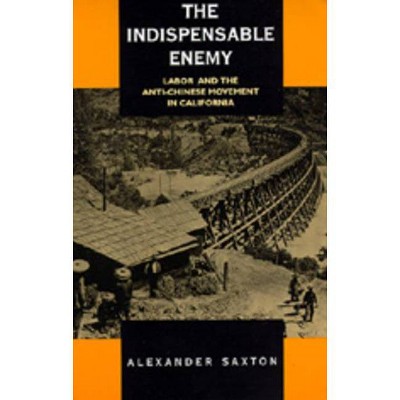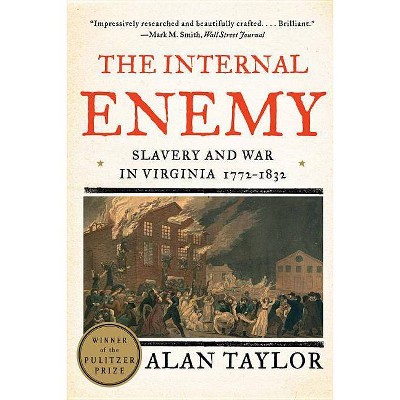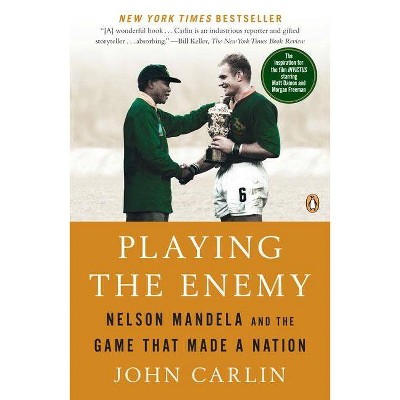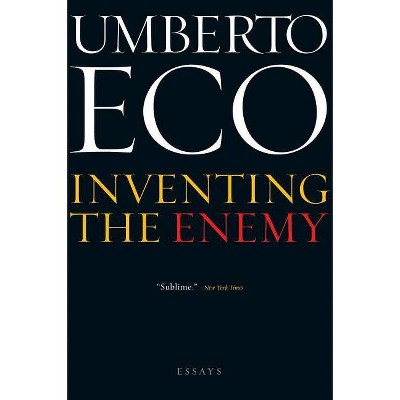Enemy in the Household - (Paperback)
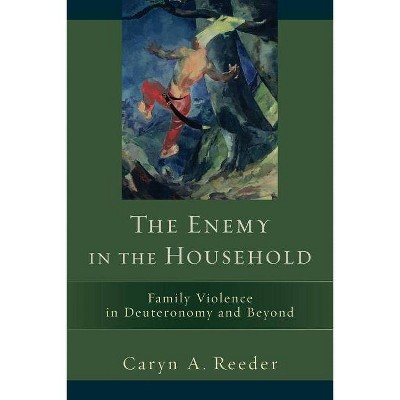
Similar Products
Products of same category from the store
AllProduct info
<p/><br></br><p><b> About the Book </b></p></br></br>Explores the -family violence- passages in Deuteronomy, tracing their ancient interpretation and assessing their contemporary significance.<p/><br></br><p><b> Book Synopsis </b></p></br></br>This fresh approach to troubling biblical texts explores the -family violence- passages in Deuteronomy, tracing their ancient interpretation and assessing their contemporary significance. Three laws in Deuteronomy command violence against a family member--the enemy in the household--who leads others away from covenantal obligations to God. This book examines such -constructive- violence carried out to protect the covenant community by investigating the reading practices of ancient Jewish and Christian interpreters of Scripture and their applications of these passages. It also helps modern readers approach biblical texts that command violence in the family, providing a model for the ethical interpretation of these difficult texts.<p/><br></br><p><b> From the Back Cover </b></p></br></br>-Ancient and modern interpreters have struggled to understand and apply the passages in Deuteronomy that legislate violence against family members as judgment for covenant unfaithfulness. Caryn Reeder sorts through the Old Testament texts as well as the pertinent literatures of Hellenistic Judaism, Roman-period Jewish writers, the Tannaitic Rabbis, and the New Testament, offering meticulous analysis that helps modern readers understand the theological and cultural issues as well as the interpretive dilemmas. It is the rare scholar who can interact with these literatures so adeptly, but Reeder shows sophisticated insight at every turn. The Bible's call for constructive family violence is of great interest both in academia and the church, and Reeder's balanced treatment provides much-needed perspective to the discussion.-<br>--<b>John H. Walton</b>, Wheaton College <br>-Reeder offers us an in-depth study of the laws of 'constructive family violence' in the book of Deuteronomy. She contributes to our interpretive lens by means of an ethnographically sensitive exegesis of these laws in Deuteronomy as well as a thorough review of their conceptualization in subsequent believing communities. Here is a very helpful resource for those engaged in the study of family law, the marking of social boundaries in Israel, and even church discipline.-<br>--<b>Sandra L. Richter</b>, Wesley Biblical Seminary <br>-Caryn Reeder is unafraid. She is unafraid of a subject on which many fear to speak. She is unafraid of parts of the Bible that others either ignore or expunge. And she is unafraid of controversy, whether among the ancient rabbis or within today's church.-<br>--<b>Jo Bailey Wells</b>, Duke Divinity School <br>-This book is an excellent study on three verses in Deuteronomy, but it is about so much more. Through its focus on these three verses that suggest family violence, this volume demonstrates what careful research and well-applied theory can reveal about the text, Deuteronomy, family, and society, and the impact interpretation, both ancient and modern, has on meaning.-<br>--<b>Tammi J. Schneider</b>, School of Religion, Claremont Graduate University<p/><br></br><p><b> About the Author </b></p></br></br>Caryn A. Reeder (PhD, University of Cambridge) is assistant professor of religious studies at Westmont College in Santa Barbara, California.
Price History
Price Archive shows prices from various stores, lets you see history and find the cheapest. There is no actual sale on the website. For all support, inquiry and suggestion messagescommunication@pricearchive.us





